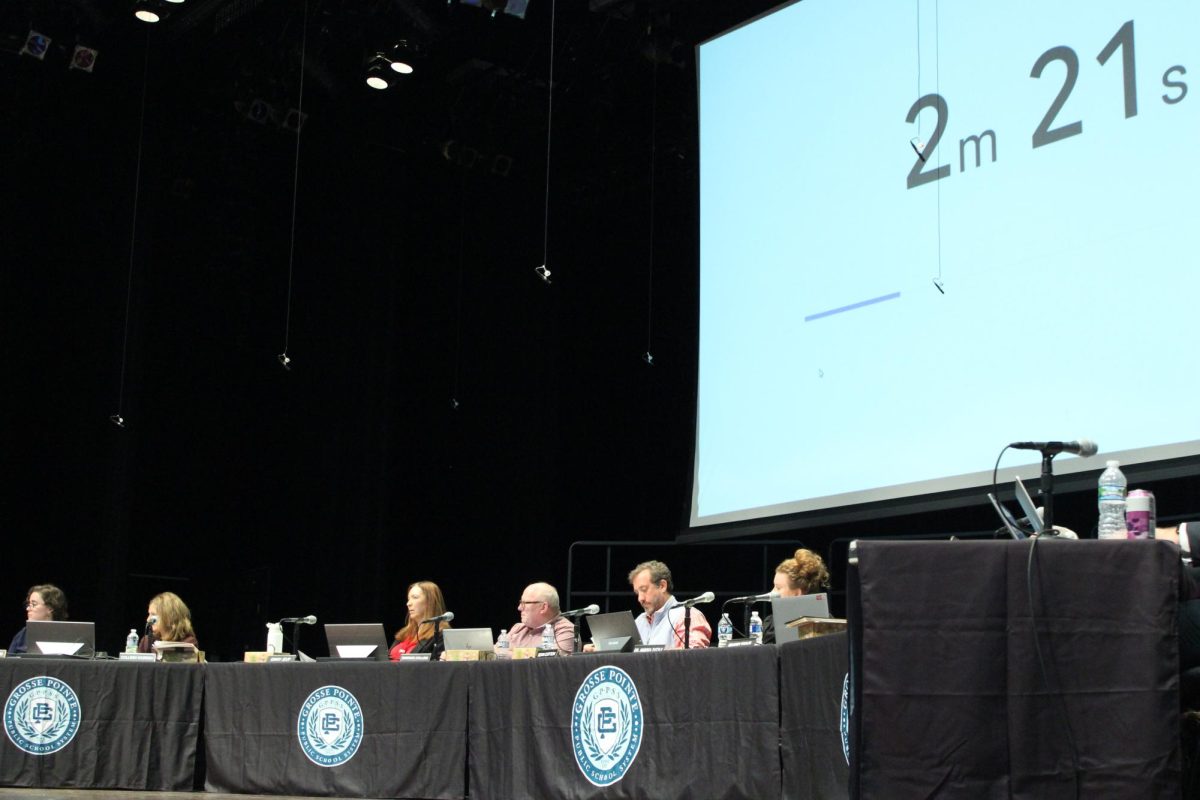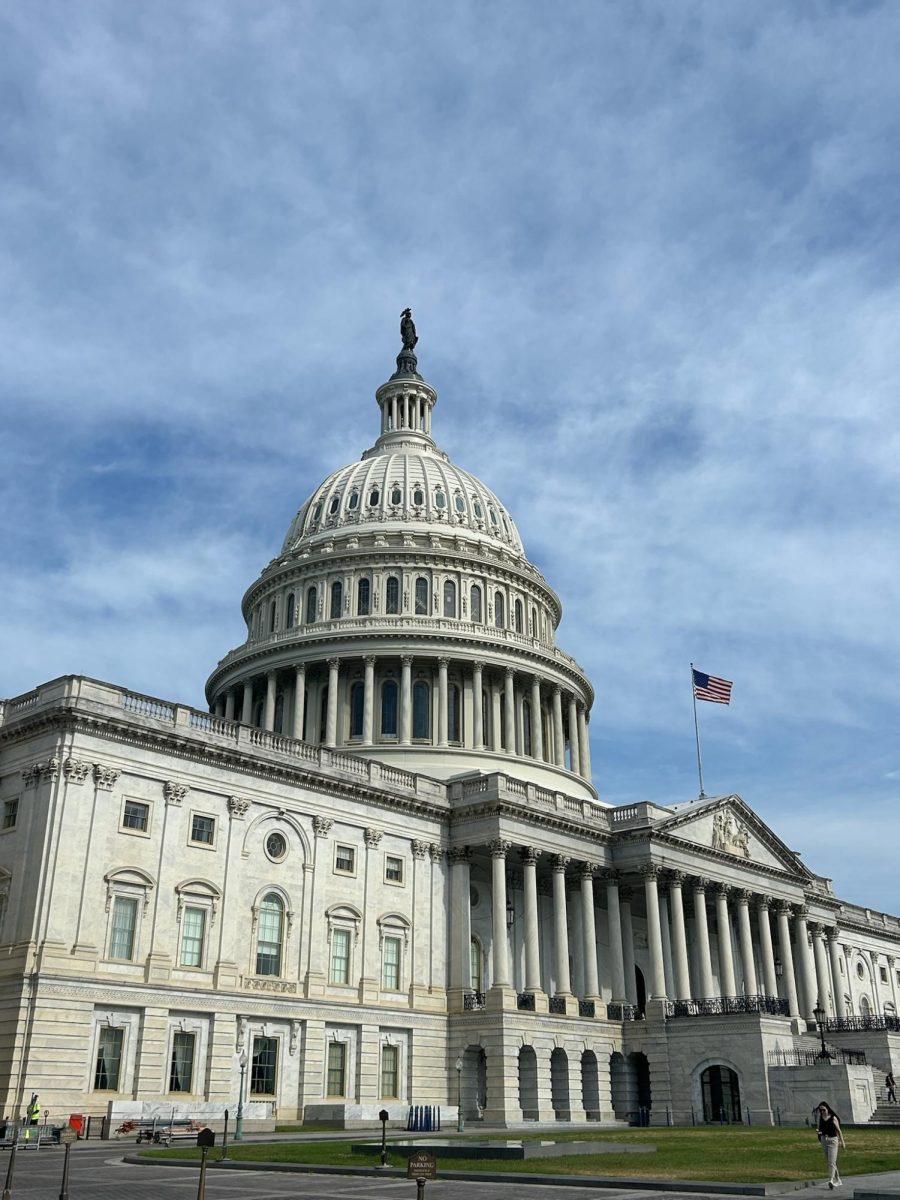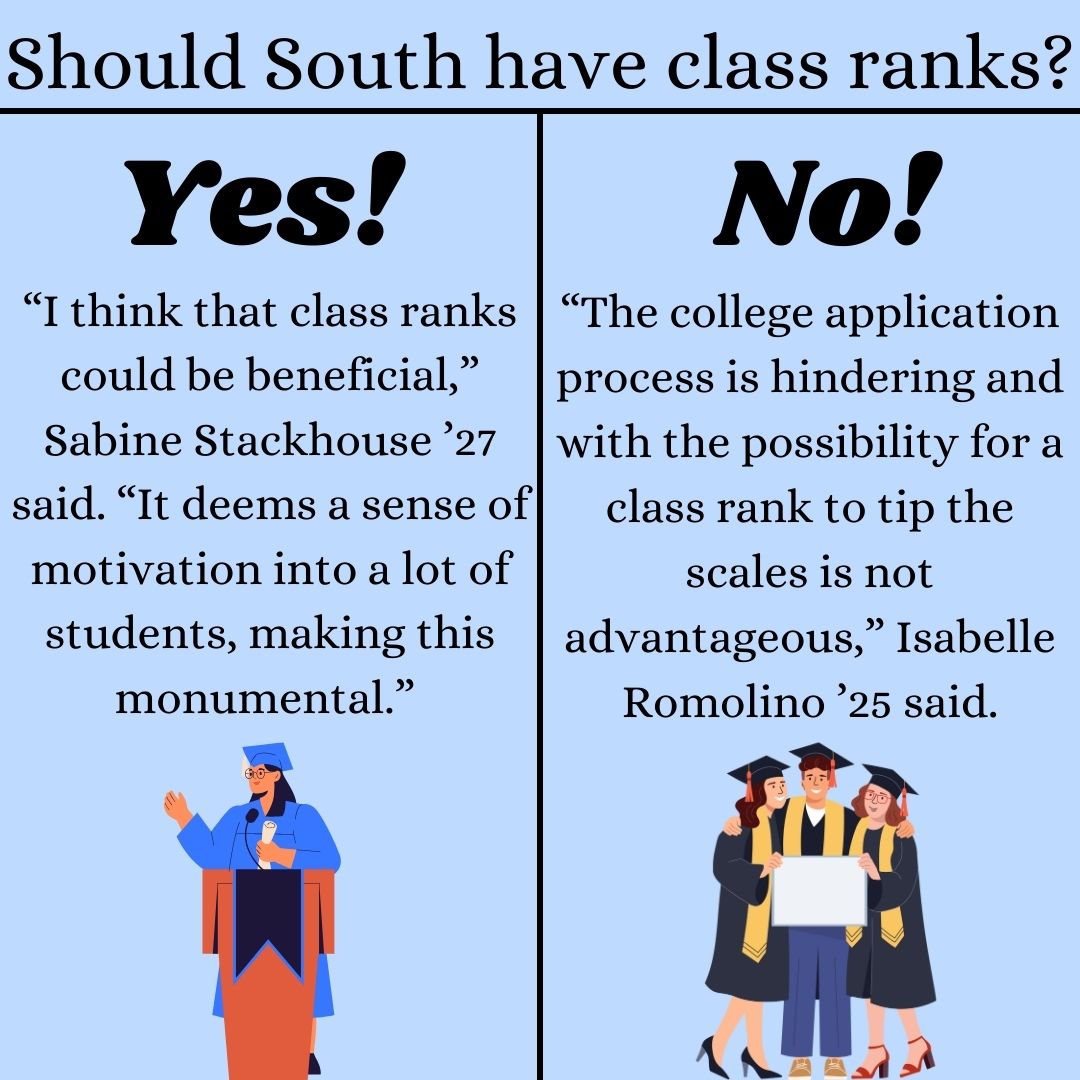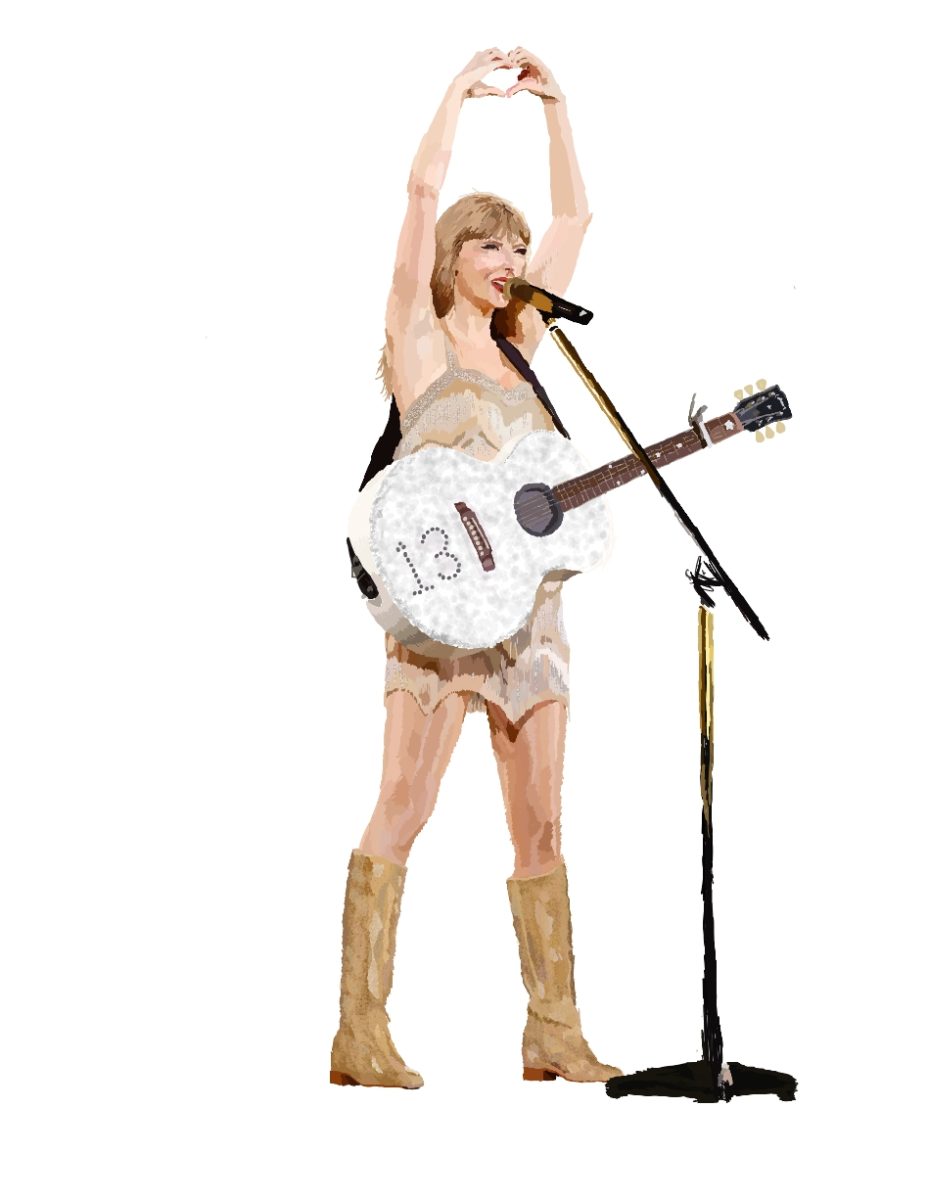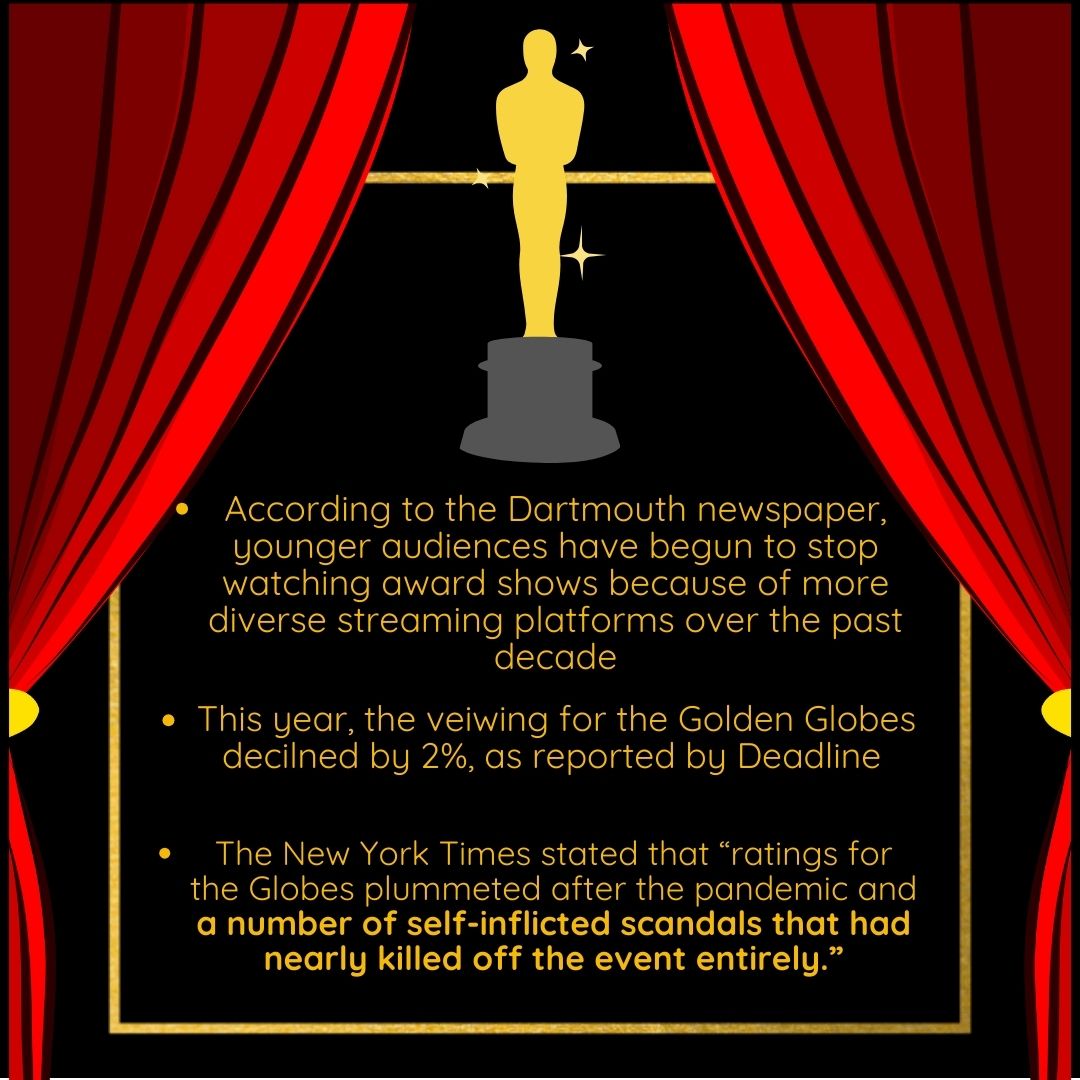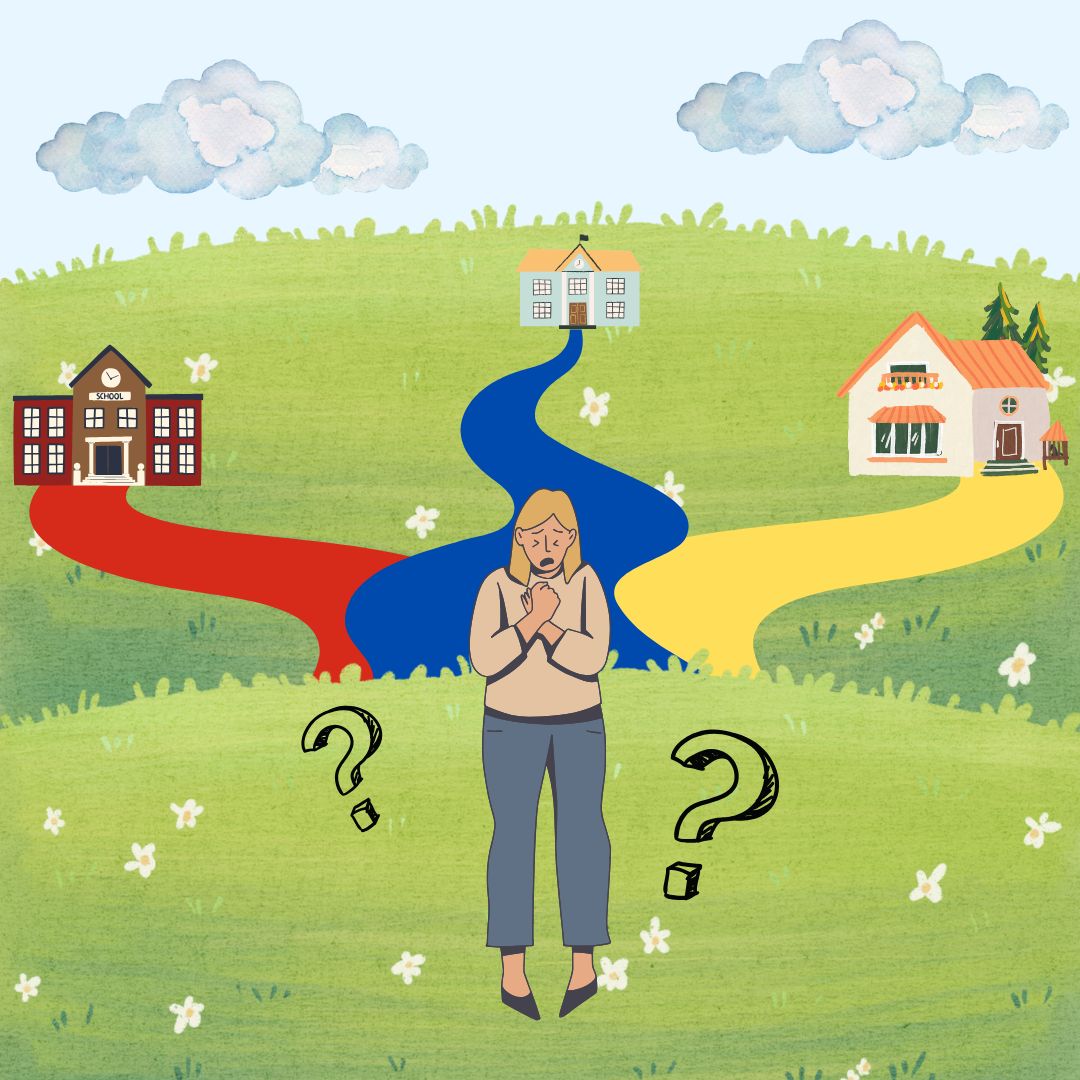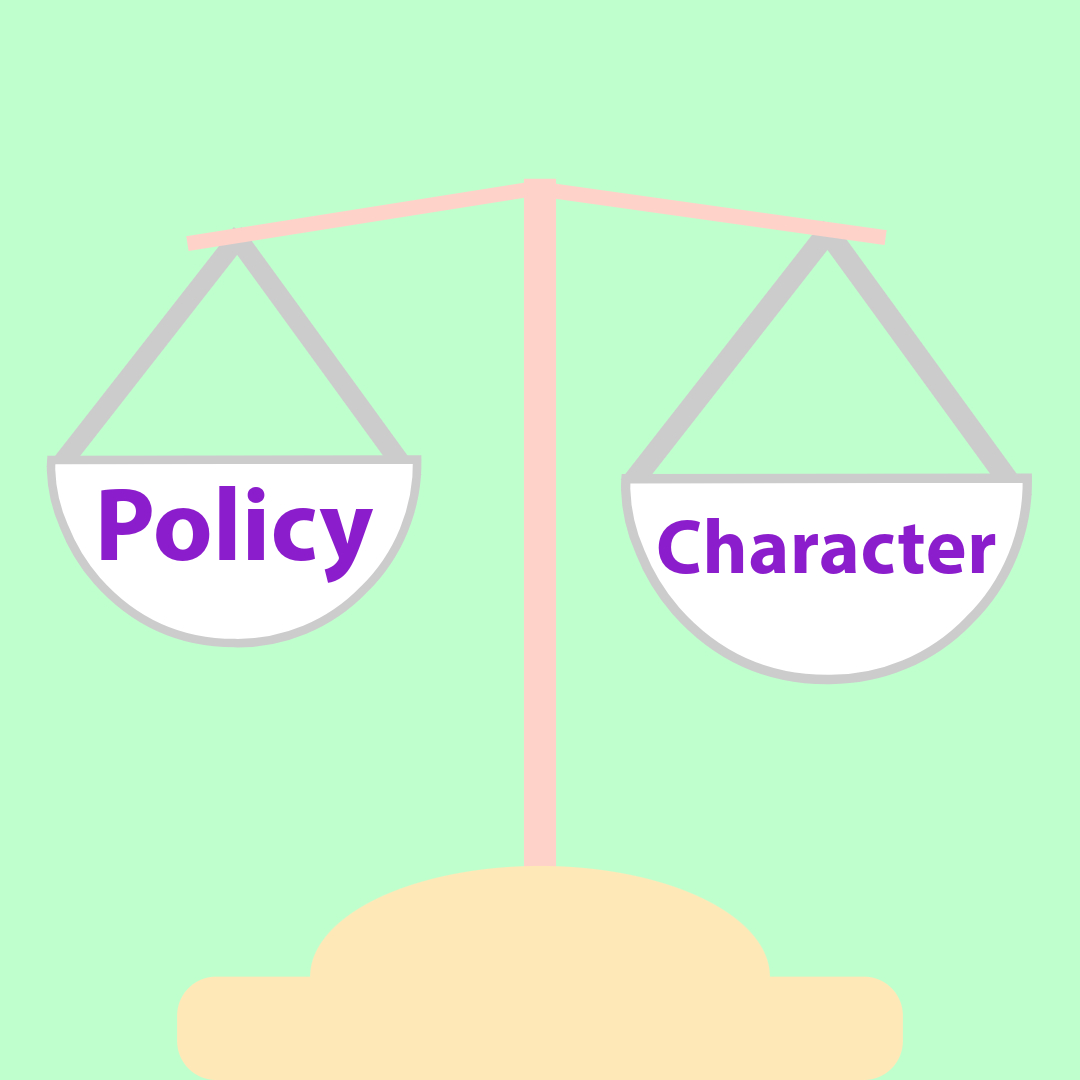In every election, it is the responsibility of voting citizens to educate themselves on given candidates running against each other to decide where to place their support. This usually means finding the candidate that most aligns with your political views, whether that’s identifying with the same political party or sharing beliefs on specific issues that the voter most values. But, as politics have fallen victim to mediazation, much of policy has been put in the background while we focus on the drama surrounding major elections. With ethical conundrums and rudimentary being exposed constantly by journalists or even politicians themselves, it puts voters in a difficult position to decide whether policy or character is more important to them. Should agreeability or decency be valued more when choosing government officials?
The purpose of government is to protect and serve its people, which is done through various legislation, so voting on candidates entirely based on who you think will better the lives of citizens more through policy has validity; in fact, that is how most people vote. The candidate themself is not what’s essential to many voters. It’s what they represent or what party they are from. Most decisions in politics come down to partisan agreement, so it may make sense for voters to simply support who they agree with as personality and background rarely become a factor.
Likability and political knowledge are two separate skill sets. Just because someone seems like they would be fun to hang out with does not mean they are fit for office. Though image can be a centerpiece of a campaign, once actually inaugurated into the given position, its relevance curtails significantly as the electee’s responsibility is to perform the duties of the job to the best of their ability, not to try to win over voters. Voting based on image can also be dangerous because candidates often can try to influence your perception of them. The way you see someone try to portray themselves to a large mass of people, especially when they want something from them, may not be accurate to their true character. Not all politicians are the liars stereotypes push, but it does not change the fact that candidates are trying to sell themselves to the public, which means doing anything and everything they can to come off as presentable as possible, whether or not it is a fair representation of themselves.
Though policy takes priority in most cases and much about candidates personally is unknown, it is still critical to take into account what you do know about the candidate before voting for them. Having good people in politics is something that everyone wants no matter what party you support, and allowing some things to slide under the rug because you agree with them is not for the good of the people and is ethically problematic. Sometimes you have to draw the line and decide that actions have consequences, and some actions reveal that some are not worthy to hold power in our country. Going against political beliefs is difficult, but it is more important to protect your morals.

